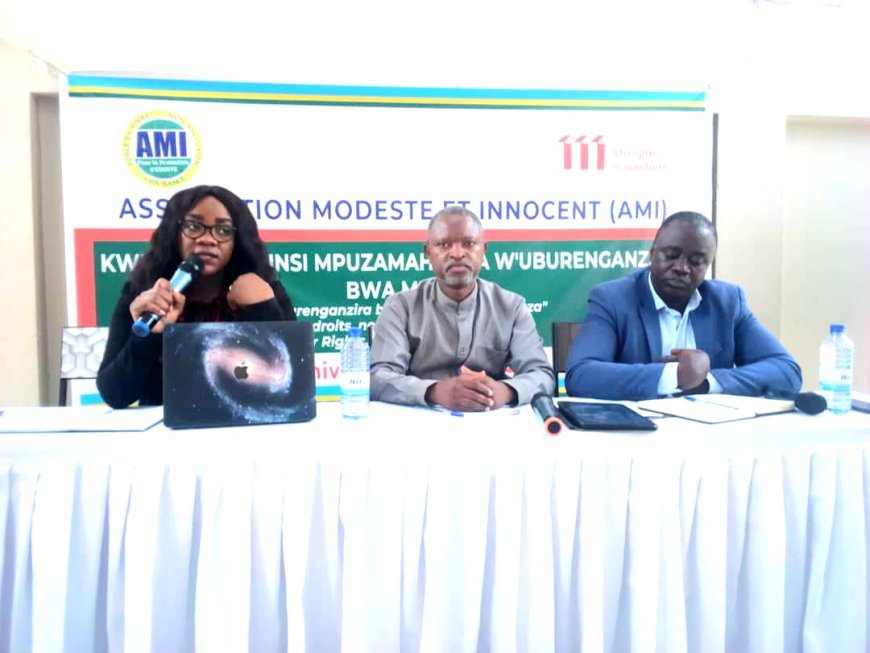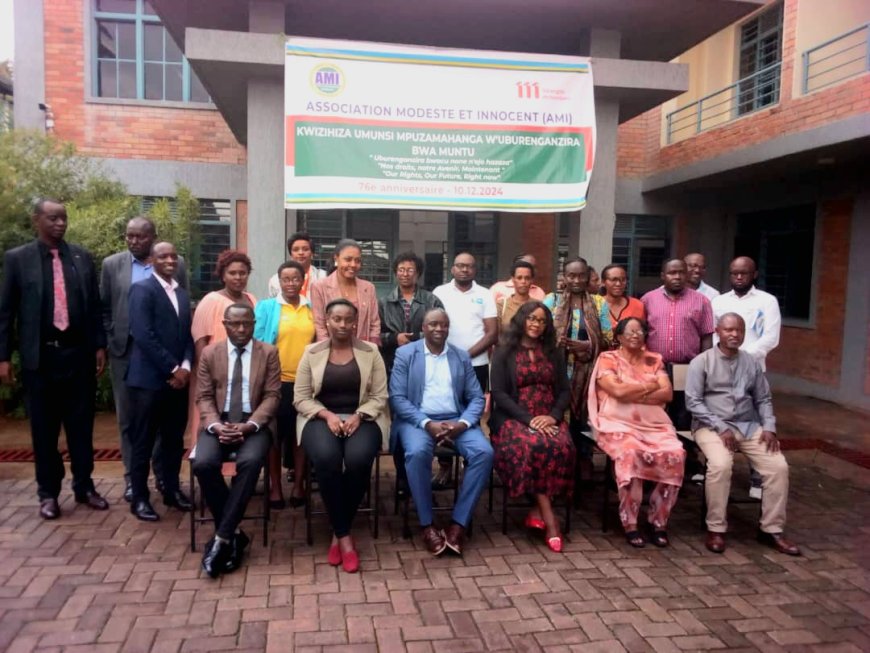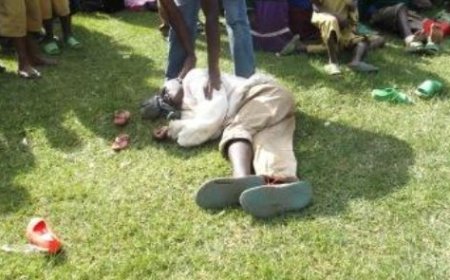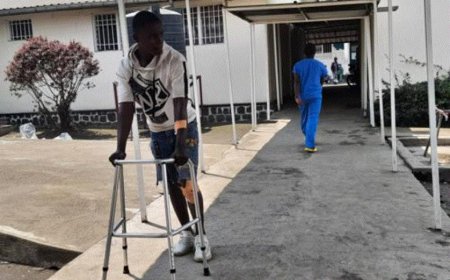Call for Enhanced Efforts in Rehabilitation Centers to Access Effective Reintegration
The nonprofit organization Association Modeste et Innocent (AMI) urges the need to strengthen efforts in rehabilitation centers, commonly known as transit centers, to ensure that individuals who go through these facilities are genuinely rehabilitated and leave with meaningful support. However, Rwanda's Ministry of Justice asserts that human rights are generally upheld in the country, including in these rehabilitation centers, where residents’ basic rights are respected. The government strives to ensure that their fundamental rights are safeguarded.

This discussion arose during the commemoration of International Human Rights Day. The Ministry of Justice affirmed that the state of human rights in Rwanda is commendable, leaving minimal room for gaps.
However, Joseline Ingabire, who oversees human rights in the International Justice Division of the Ministry, acknowledged that human rights are not always fulfilled at 100%.
She elaborated: “For individuals undergoing rehabilitation, certain rights may be restricted due to their circumstances. The focus is to ensure that, even when some rights are limited, their fundamental rights are guaranteed. In such cases, the government intervenes to protect those essential rights.”
The leader of Association Modeste et Innocent acknowledges the general progress made but highlights the need for additional efforts specifically in rehabilitation centers. Eric Ndayisaba, the organization’s Vice Deputy Coordinator, explained:
"More efforts are needed to ensure that individuals in rehabilitation centers truly reform. The time they spend there should help them change their behavior, rather than simply being a period of confinement. They need support so that, upon leaving, they have genuinely reformed."
He added that while there are positive changes, the progress remains insufficient: “Change is happening, but not at a satisfactory level. For example, someone who enters these centers due to disobey the law or because they infringed on others’ rights should at least leave with those behaviors significantly reduced.”
On the other hand, questions often arise regarding why some individuals, such as those referred to as vagrants, return to centers like Iwawa shortly after their release. Some of these individuals attribute their return to societal challenges, such as being unable to find jobs despite their skills, as society tends to stigmatize them.
Ndayisaba pointed out that this issue is often rooted in mindset:
"The problem lies in perception. People don't all change at the same pace—some adapt quickly, while others take time. This is why some return to the centers. That said, we must commend the rehabilitation centers because at least 80% of individuals successfully reform. As for the the rest (20%), the broader community also plays a role. If they return to find the same issues—such as the circumstances that initially led them to vagrancy or life on the streets—unresolved, it becomes a persistent problem.”
He emphasized that rehabilitation efforts cannot be left to the centers alone. The involvement of all stakeholders, including private sector actors, non-governmental organizations, and the Rwandan community at large, is crucial in preventing and addressing issues related to vagrancy.

 Kinyarwanda
Kinyarwanda
 English
English





























